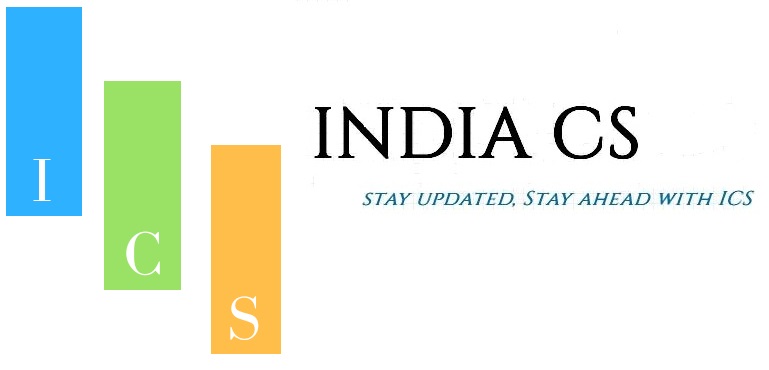E-commerce or electronic commerce (an online shopping hub) is
the buying and selling of products and services exclusively through electronic
channels. E-commerce captures around 33% of the global market with a positive
growth in near future.
Section 43B(e) of the Model GST Law defines an Electronic Commerce
Operator (Operator) as every person who, directly or indirectly, owns, operates
or manages an electronic platform which is engaged in facilitating the supply
of any goods and/or services. Also a person providing any information or any
other services incidental to or in connection with such supply of goods and
services through electronic platform would be considered as an Operator. A
person supplying goods/services on his own account, however, would not be
considered as an Operator.
For instance, Amazon and Flipkart are e-commerce Operators
because they are facilitating actual suppliers to supply goods through their
platform (popularly called Market place model or Fulfillment Model). However,
Titan supplying watches and jewels through its own website would not be
considered as an e-commerce operator for the purposes of this provision.
Similarly Amazon and Flipkart will not be treated as e-commerce operators in
relation to those supplies which they make on their own account (popularly
called inventory Model).
The MGL provides that every operator has to register at GST
portal irrespective of the threshold limit specified for the registration for
GST. This is the biggest disadvantage for small retailers as they work on fixed
working capital and will have to pay taxes and apply for refund later which is
a cumbersome process.
Currently a centralized system for registration under service
tax is available, but under the GST regime, the centralized registration may
not be available as place of supply will decide the scope of registration, in
which state the registration will take place. Place of supply in case of B2C
transactions would be the location of service provider and in case of B2B
transactions it would be the location of service recipient. Hence, obtaining
registration in every state where there is place of business will result in
increased compliances.
As per Section 43C of Model GST Law the concept of TCS will
be applicable to the e-commerce operator. Such amount of TCS is to be deposited
by the E-commerce operator to the GST account by the 10th day of the
next month. As per the MGL, both the supplier and the operator has to upload
their respective entries and have to match. It is very important to reconcile
the data entries otherwise it will be unfair for the respective party. The TCS
can play a major disadvantage in case of cash on delivery products being
rejected at a later stage. The cash flow cycle of the operator may have an
adverse effect on its operations. If we talk about the discounts offered by
these operators which is the most popular to attract the customers, will give a
major throwback as the e-commerce firms will have to pay tax on the price it
has purchased goods, thereafter bearing the additional tax burden.
If we see the price impact of the product or service, it will
be higher as compared to current service tax rate, but the higher credit will
reduce the prices of the services or product.
If we analyze on the whole, we can conclude that e-commerce
companies will be liable to comply with all the obligations cast on
normal suppliers under MGL / IGST Act like obtaining registration, payment of
GST, filing of periodical returns, etc. With the arrival of GST, there will be
more complexities, but it is expected that the government will provide some
incentives/exemptions to overcome the same.




